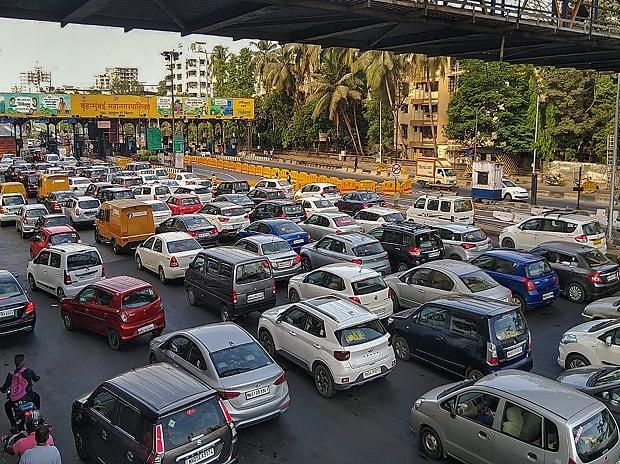According to experts, a completely contactless, digital sales channel might prove to be a good option for the automobile industry, especially the passenger car and two-wheeler industry in the country, in the post Covid-19 scenario.
An opinion paper from EY says that selling online can not only boost sales, but also support upselling and cross-selling opportunities, and give manufacturers access to customer data. On the other hand, customers can benefit by having access to complete vehicle related information across channels, anytime, anywhere.
Companies like BMW, Hyundai, Volvo and Peugeot have successfully deployed almost contactless online sales globally.
"As far as the passenger car segment is concerned, “The Invisible Salesman” can become a market reality in India, if all players in the ecosystem come together to redefine the automotive retail journey.
It will have a myriad of benefits for them in terms of better customer reach, better data insights and improved efficiency in operations. For the customer, it will be yet another product that they can buy online - anytime, anywhere," said the consulting firm.
After the coronavirus (Covid-19) outbreak, customer preference for private cars will be higher compared to the pre-covid period, while preference towards two-wheelers will remain the same. This development comes at a time when preference towards public transport has declined after the outbreak.
The ongoing Covid-19 crisis has managed to cripple automotive businesses, supply chains and taper demand all over the globe. Recovery from this has to be a well-thought out process, as firms also need to work on crisis management and building resilience to prepare for such events in the future.
"In such a scenario, digital is emerging as a powerful medium across industries," said the report "The Invisible Car Salesman", on how OEMs and dealerships will need to map the new 'Path to Purchase' and adapt to the changing consumer buying behaviours."
While some of the key points in the purchase journey of a passenger car - the pre-test drive, etc - have already moved to an online environment, their limited usage, and an inability to measure their contribution to sales conversion areproving to be a stumbling block.
OEMs and aggregatory websites do not offer an interactive experience to support the purchase decision and the integration of the final negotiation and purchase process is a biggest missing piece.
However, efforts have been made to make parts of the consumer’s buying journey digital, says the consulting firm. OEMs are also tying up with other ecosystem players to facilitate online purchases. For instance, British brand MG partnered with online portal Myles for making Hector available on subscription.
It also tied up with CarDekho for a buyback programme, wherein customers are promised 60 per cent ex-showroom price after three years. BMW India has recently launched a campaign on ‘contactless’ purchase process which further underpins the importance of online sales.
There is a major push for online sales of cars and people are more inclined towards contactless solutions and services, says Steffen Knapp, director, Volkswagen Passenger Cars India. "We have taken the initiative to digitise everything including sales and services. You can go to the website; select the car of your choice and we will deliver it to your doorstep, for a contactless buying experience," he said.
The contactless sales phenomenon will hold true not just for cars, but also for the two wheeler segment. For other segments like commercial vehicles, tractors, and three wheelers, the ‘phygital’ channel will grow into being a market phenomenon gradually, said EY.
Proper prepartion, including a rethink of sales strategy, re-aligning existing sales staff to new roles, among others has to be ensured for such rollouts, EY added, explaining the support it can offer in the whole digitisation process.
